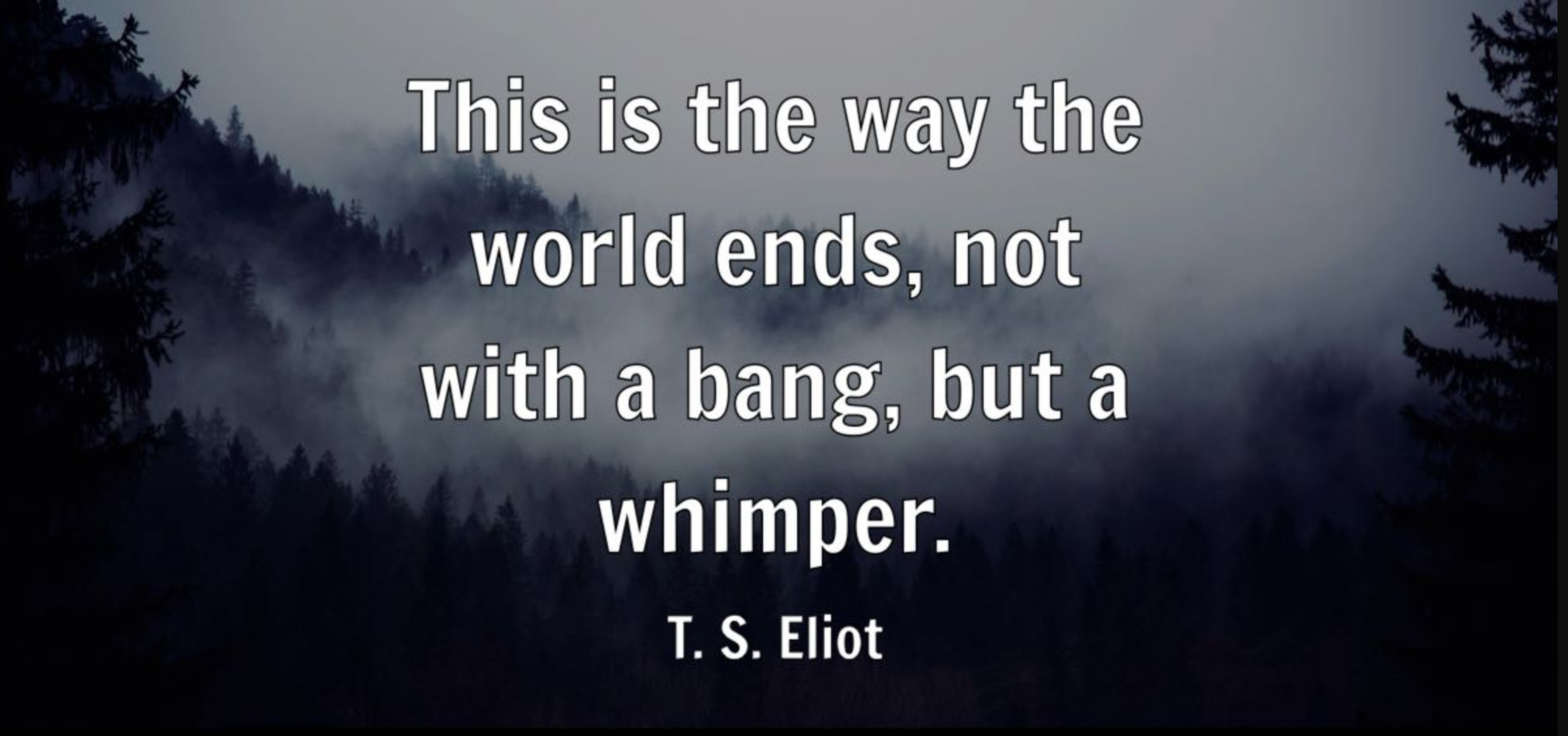Politics & Common Sense — Column by John Spencer
History doesn’t repeat itself, but it often rhymes. In 1932, thousands of unarmed World War I veterans, the Bonus Army, marched on Washington seeking the payment they had earned through service and sacrifice. Ninety years later, in January 2021, a crowd of Americans entered the U.S. Capitol seeking accountability from a government they believed had abandoned them. Two different eras, two very different Americas, yet in both, citizens confronted a system that saw them as enemies rather than as people crying out to be heard.
The Bonus Army came to Washington as patriots, not rioters. These were World War I veterans who had been promised early payment of their service bonus during the Depression, and many had nowhere else to go. They built orderly encampments, fed each other, maintained discipline, and asked Congress to honor that promise. They carried no weapons, no manifesto of rebellion. Yet the government answered them with tanks, tear gas, and bayonets, led by its own generals against its own veterans. The violence wasn’t accidental, it was state-sanctioned.
President Hoover ordered the removal, and General Douglas MacArthur executed it with brutal efficiency. Shacks were burned, men were beaten, and families fled the smoke. Newspapers at the time largely justified the government’s actions, describing the veterans as agitators or communist sympathizers. The truth came later, quietly, that they were simply broke, hungry, and desperate for their country to remember them.
Fast forward to 2021. Another group of citizens, this time ordinary Americans, assembled in Washington believing their government had betrayed them. The scale and motives were different, but the underlying sentiment was eerily familiar, a deep distrust, frustration, and the belief that their voices no longer mattered.
The images the nation saw were chaotic and alarming, broken glass, barricades, crowds flooding the Capitol steps. But in the months and years that followed, it became clear that the story was far more complex than the headlines suggested.
Hundreds were arrested and held in prolonged pre-trial detention, some in solitary confinement, others denied basic medical care. Charges that could have been processed swiftly were extended into years-long legal purgatories. Media outlets branded all participants as insurrectionists, yet many were simply protesters caught in the surge, some even ushered inside by Capitol Police. Compare this to the riots of 2020 that caused billions in damage across American cities, where far fewer were prosecuted and far less outrage endured. In my opinion, justice has two faces depending on who is standing before it.
In 1932, the press labeled the Bonus Army as troublemakers. In 2021, major networks called the Capitol crowd domestic terrorists. In both moments, the media skipped the real story. They turned ordinary people into villains and ignored the reasons they were there. The Bonus Army wanted money they had earned. The January 6th crowd wanted a government they could trust. Neither group was trying to tear the country apart, they thought they were protecting it. But in both eras, those in power chose spin over understanding.
When governments fear their own people, liberty begins to erode. The Bonus Army’s shantytown was torched by American soldiers. The January 6th protestors were hunted by their own justice system. Both were condemned by leaders who preferred control to conversation. History shows that when dissent is criminalized and grievances are ignored, the republic weakens from within. It is my opinion that the real danger is not protest, it is the refusal to listen.
The smoke that rose from the Anacostia Flats in 1932 and the chaos at the Capitol in 2021 are separated by nearly a century, yet both mark moments when Americans looked at their government and saw distance instead of representation. The Bonus Army was betrayed by bayonets. The January 6th protestors were betrayed by narrative, their story rewritten before the facts had even settled. A republic that punishes its patriots while excusing its power brokers cannot long endure.
In my opinion, the veterans of 1932 and the citizens of 2021 reveal the same uncomfortable truth—when people are convinced their government has tuned them out, they show up in the only place they believe power still exists. The real issue, then as now, is whether this country has the courage to hear them before frustration turns into something far harder to contain.









